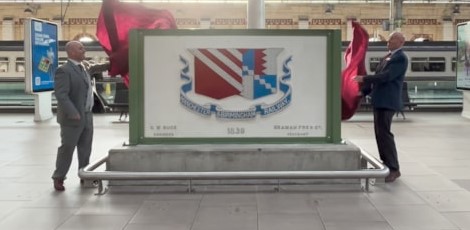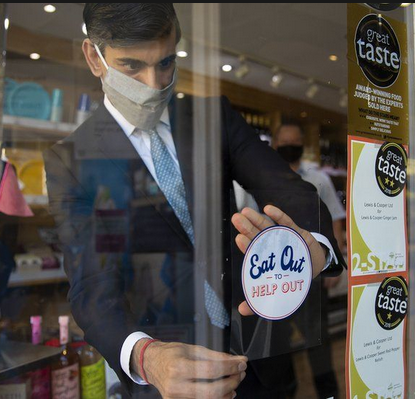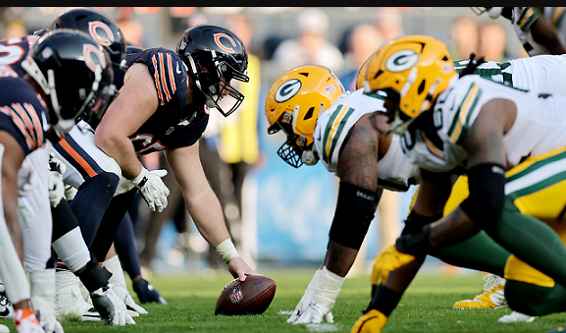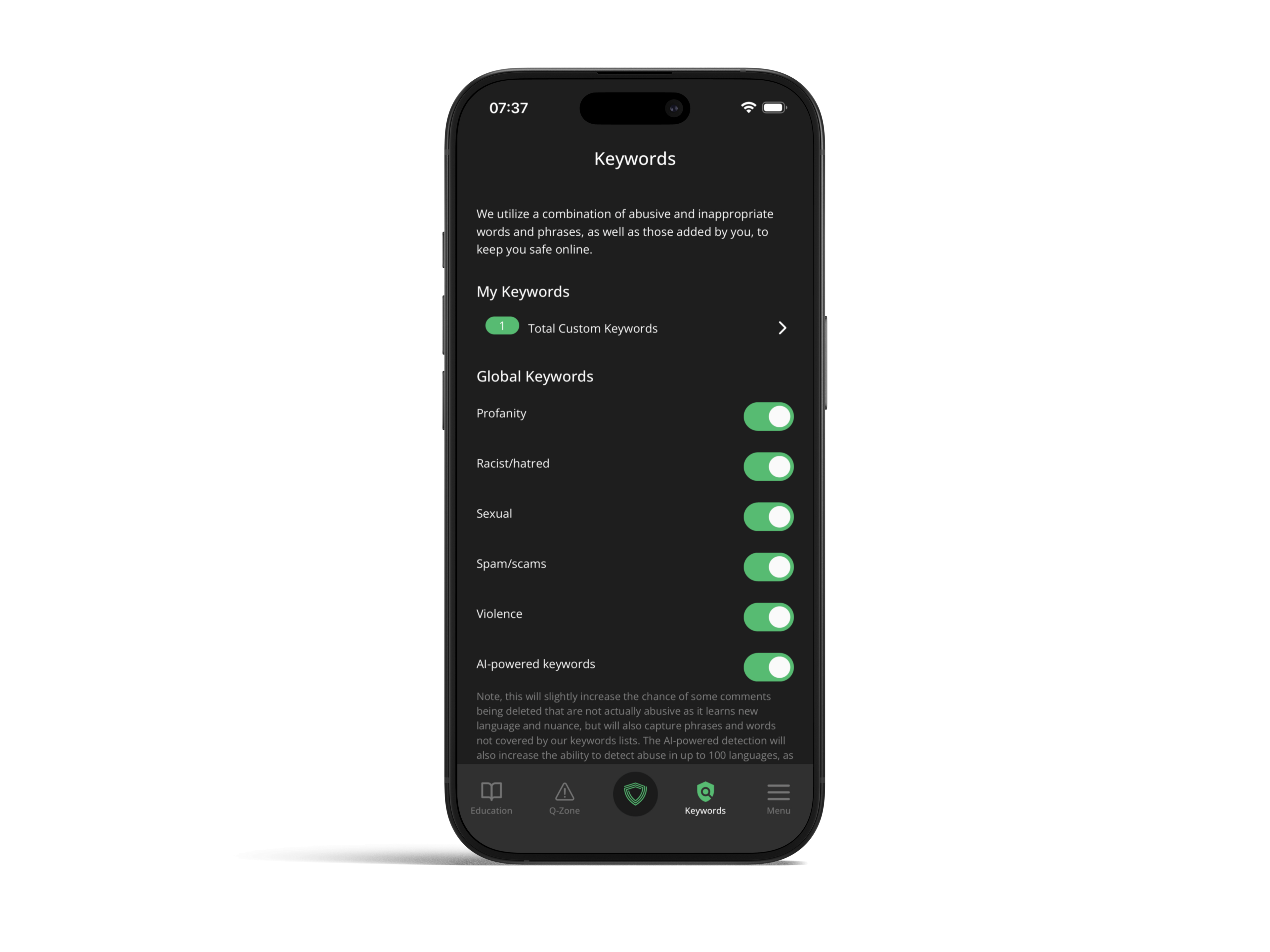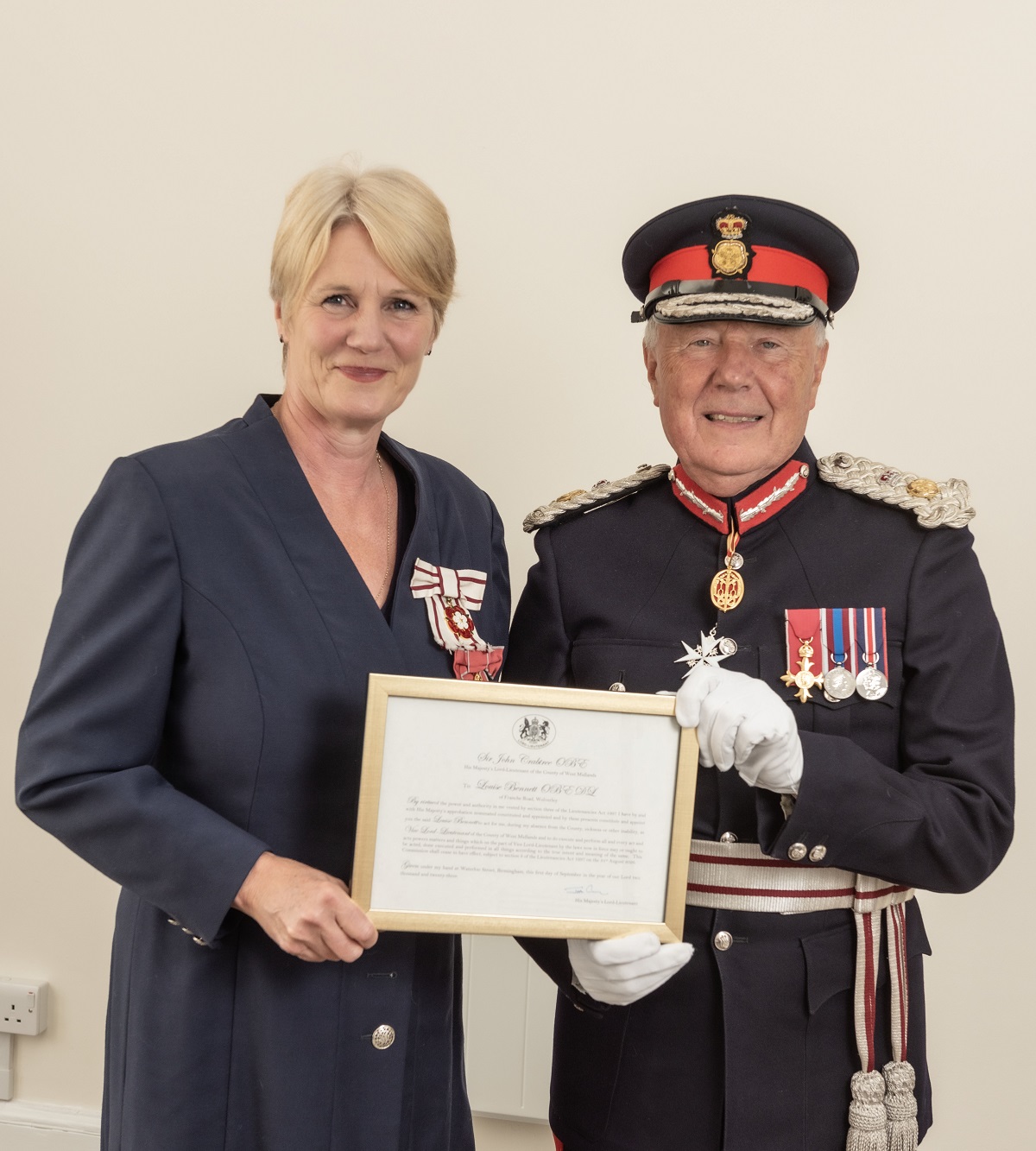World
Scientist transforms personal hair trauma into natural hair care innovation
A severe relaxer burn that once left Shawna Moses in pain has now become the catalyst for a thriving natural hair care brand.
U.S. Homeland Security Secretary pushes for full travel ban on 19 nations, igniting legal firestorm
The United States’ Homeland Security Secretary Kristi Noem has advocated for a sweeping "full travel ban" on an expanded list of countries,...
Community
Johnson Fellows helps Co-op serve-up new micro store format
Birmingham-based property consultancy Johnson Fellows has advised Co-op Group as it launches its new ‘on-the-go’ micro stores - a first for the...
Business
Cabo Verde inaugurates major expansion of Cabeolica Wind Farm and Battery Storage, enabled by AFC's catalytic financing
Africa Finance Corporation (AFC), the continent’s leading infrastructure solutions provider, have announced the inauguration of the expanded...
Covid fraud cost UK taxpayer £10.9 billion, reveals independent report
Taxpayers lost £10.9 billion to fraud and error as the previous government’s pandemic response left the front door open to fraud, an independent...
New ‘Ignite your Business’ programme to boost Wolverhampton start-ups
A new programme is being launched this week to give business start-ups in Wolverhampton free access to support to help them thrive and grow.
Autumn Budget triggers widespread pension anxiety across West Midlands, new research reveals
New research from national law firm Shakespeare Martineau has found that this year’s Autumn Budget has sparked pension anxiety across the UK – with...
ADBG-funded fisheries programme impacts two million people, drives economic transformation in 16 SADC countries
A regional initiative that has overhauled aquatic resource management and boosted cross-border fish trade is now improving the lives of nearly three...
Binance launches ‘Binance Junior’ crypto savings account for kids and teens
Binance have just announced the launch of Binance Junior, a new parent-controlled app and sub-account for kids and teens, ages 6-17, that offers...













